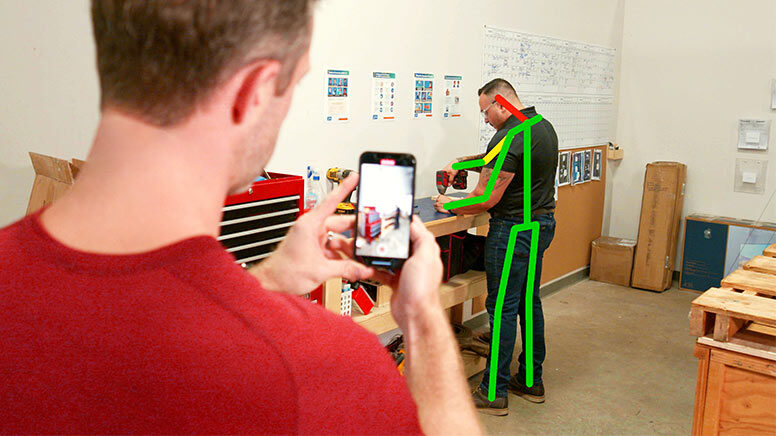A robust approach to EHS & ESG requires implementing a consistent, visible, sustainable ergonomics process. Learn from our team of board-certified ergonomists plus customers and partners on best practices, proven strategies, and future technologies.
During this one-day event, attendees learned how to do ergonomics right over five engaging sessions. Get actionable advice and key learnings that you can apply at your workplace.
Register for the on-demand sessions below!
Agenda
9:00 AM – 9:45 AM Eastern Time
The Future of Machine Learning in Ergonomics
Presenter: Josiah Allen, CPE, Senior Solution Consultant, VelocityEHS
Description: We’ve only just cracked the door into what can be done when using technology to assist with ergonomics evaluations. Computer vision and machine learning have already led to highly accurate assessments with a low barrier to entry, but what else is possible in the near future?

During this session, we looked at some new capabilities that drive data-informed, accurate predictions in real-time with minimal human intervention required for assessments. We discussed the future of motion capture analysis, including the ability to predict postures with partial occlusion, using 2-dimensional video to identify 3-dimensional postures, and the ability to leverage machine learning for root cause analysis and improvement generation based on industry.
Attendees learned:
- the current state of motion capture and machine learning in ergonomics evaluations
- what’s coming next with machine learning in the ergonomics space
- how research can be leveraged in industry for a more comprehensive ergonomics program
10:00 AM – 11:00 AM Eastern Time
Spirit AeroSystems Case Study: Best Practices for Planning and Deploying a Sustainable Ergonomics Process in Large Structure Aircraft Assembly
Presenters: Kim Chacon, Human Factors Design Specialist, Spirit AeroSystems; Scott Snodgrass, Human Factors Design Specialist, Spirit AeroSystems; Jeff Sanford, CPE, Sr. Global Enterprise Account Executive, VelocityEHS
Description: Sustaining an ergonomics process in a unique environment that commonly contains long cycle time operations and few classic workstations was a challenge that Spirit AeroSystems overcame.
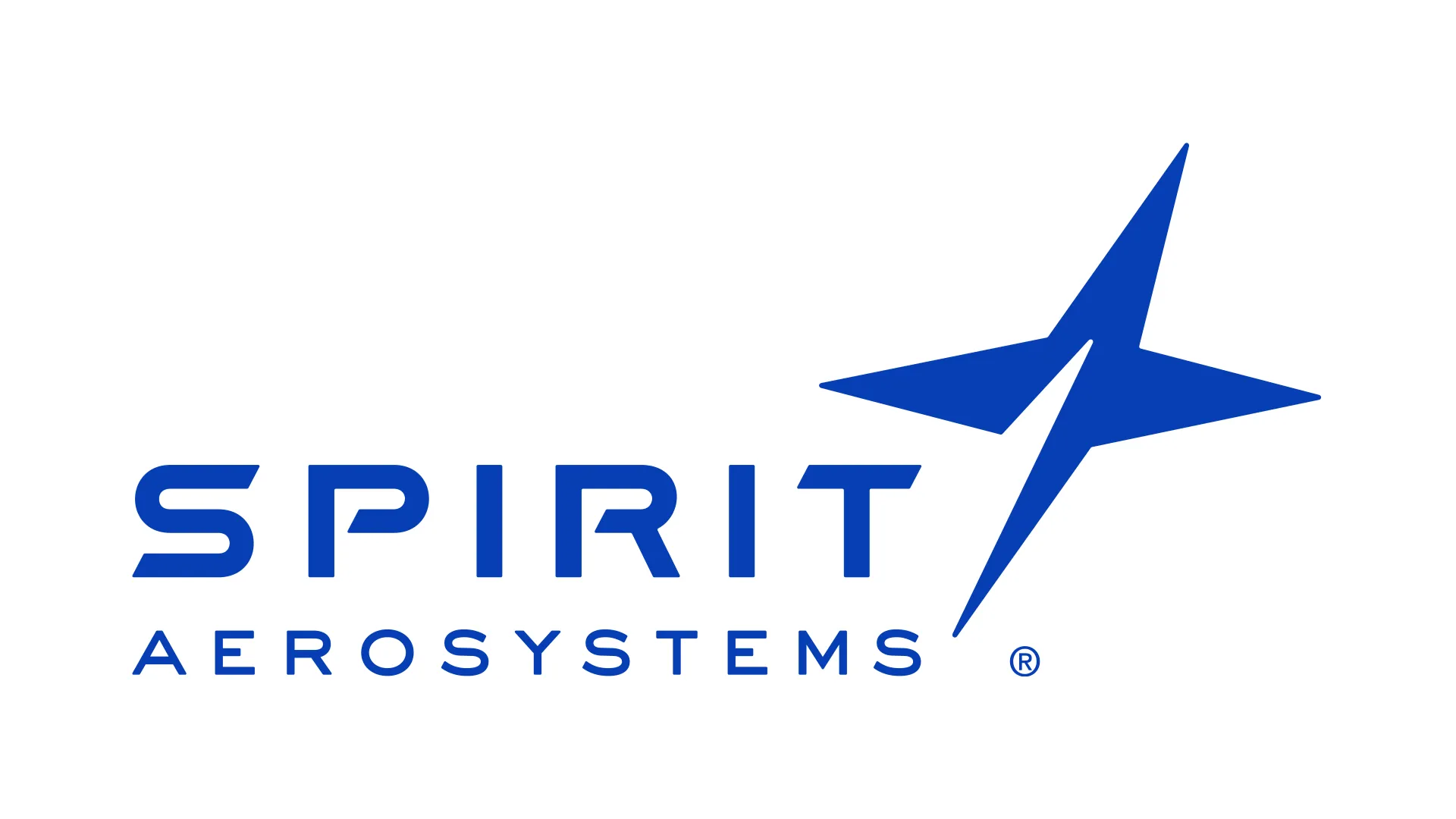
This presentation highlighted their approach using the continuous improvement process Plan-Do-Check-Act (PDCA). By applying the principle of the PDCA cycle, the team was able to successfully launch the program and scale it across the massive facility.
The following topics were discussed:
- best practices for program development and execution
- strategies used to engage other key areas of an organization
- creative ways to find problems (or job tasks) that put a worker at a higher risk of developing a musculoskeletal disorder (MSD) injury and the strategies used to fix those areas. Examples will also be provided!
- the use of indicators to identify focus areas, such as lagging injury data, employee turnover, quality issues and physical limiters in employee selection (i.e., experienced, height/reach capabilities)
At the conclusion of this session, attendees were inspired to make creative workplace improvements at their organization.
Attendees learned:
- the necessary elements for managing ergonomics in a long cycle time operation (8-hours to 3-week)
- best practices and examples of how Spirit AeroSystems improved the workplace by developing effective solutions, even when there are few succinct workstations (often the product is the workstation)
- how a sustainable ergonomics program was managed across the Wichita, Kansas campus
- how Spirit AeroSystems engaged and supported personnel, including Industrial Engineers, Operations and the Lean teams
11:15 AM – 12:15 PM Eastern Time
The Foundation to Your Worker Health and Safety Programs
Presenters: James Rethaber, Ph.D, CPE, LSSMBB, Vice President – Technical Operations, Fit For Work; Rick Barker, CPE, CSP, Principal Solutions Strategist, VelocityEHS
Description: Are you looking to scale and sustain an effective ergonomics program, but are unsure where to start? This on-demand presentation will provide you with real-world insights learned from successfully implementing, scaling (adding locations), and sustaining programs within different organizations, in nearly every industry.
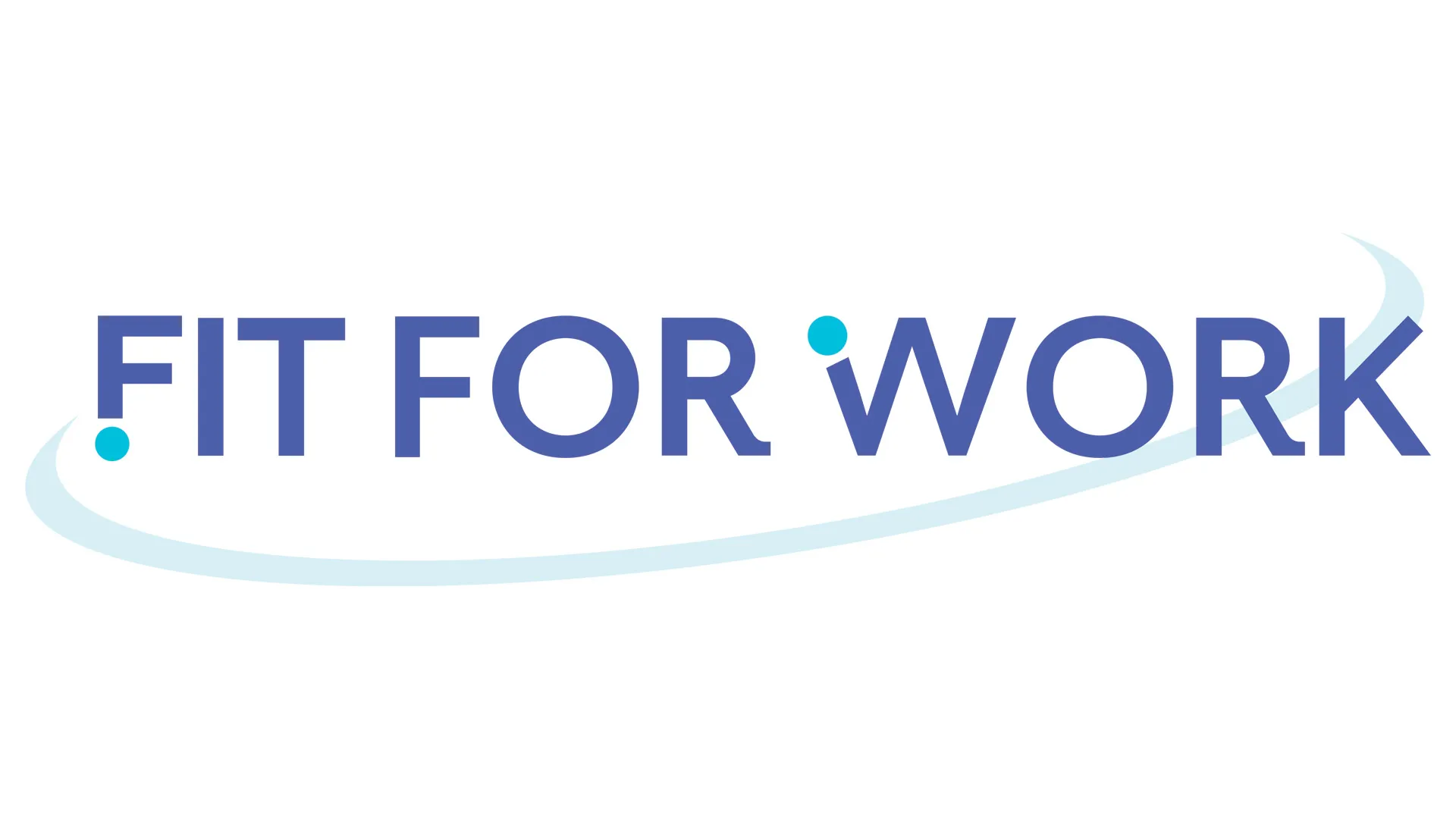
The presenters shared lessons-learned from each of their 20+ years of experience in ergonomics/injury prevention, and participants had time to ask questions as well.
Attendees were able to:
- describe the benefits of using a pilot effort to increase employee buy-in and management support for a larger scale ergonomics program
- identify which stage of ergonomics process maturity best describes their process and at least one program enhancement relevant to organizations in that maturity stage
- know how and when to effectively use each level of the hierarchy of controls while implementing an ergonomics process
12:30 PM – 1:30 PM Eastern Time
Ergonomics & Diversity, Equity, and Inclusion (DE&I): They’re One and the Same
Presenters: Blake McGowan, CPE, Solutions Executive, VelocityEHS
Description: As investor demand for environmental, social and governance (ESG) information rises, organizations expect business leaders to develop a strategic approach to corporate sustainability and integrate ESG risk management into their financial and operational models. This includes improving diversity, equity, and inclusion (DE&I) in the workplace.
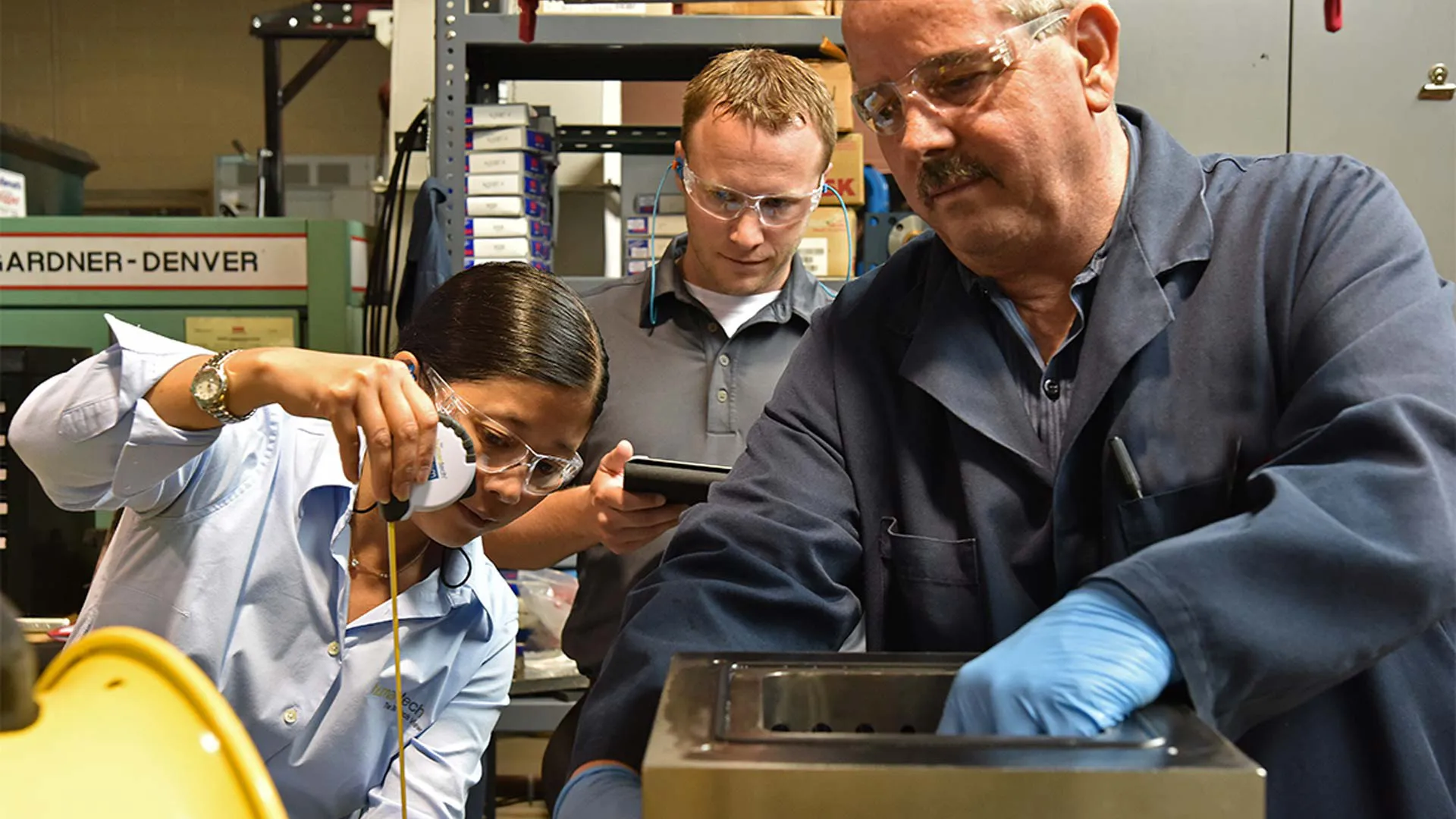
So, how does ergonomics relate to DE&I? Well, ergonomics is defined as “designing the workplace to match human performance capabilities for the general working population.” A diverse, equitable, and inclusive (DE&I) workplace makes all workers feel a sense of belonging and that they have the support of organization leaders. The connection between ergonomics and DEI is this: Ergonomics designs for both males and females; people of all generations, shapes and sizes, and people of different races, ethnicities, and cultures. As ergonomics professionals, we have failed to educate business leaders on this connection.
Participants learned:
- the connection between ergonomics and DE&I
- how ergonomics can accommodate all genders, ages, fitness levels, capabilities, generations, races, ethnicities, cultures, among others in the workplace will be discussed
1:45 PM – 2:15 PM Eastern Time
Better Root Cause Analysis Yields Effective Ergonomics Controls
Presenters: Jaclyn Faraci, CPE, Ergonomics Solutions Consultant, VelocityEHS
Description: Safety and quality management systems have demonstrated that root cause analysis is a necessary precursor to identifying effective ergonomics solutions.
There are several approaches an ergonomics team can use to help determine the actionable data to highlight the causes, such as:
- gathering operator insights on typical and atypical work processes
- identifying the most impactful risk factors in a job
- linking risk factor exposure to specific elements within the job
- applying root cause analysis tools
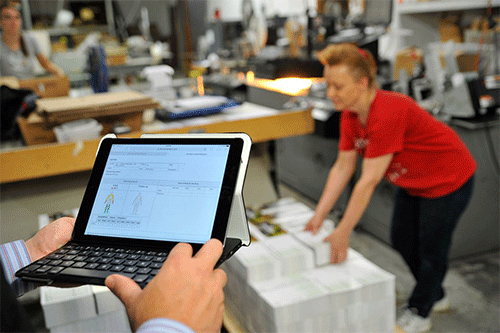
During this session, we provided examples of industrial settings to demonstrate these approaches. Practical tips that ergonomics teams can use and common traps to avoid will also be discussed.
Attendees learned how to:
- prioritize risk factor exposures
- identify at least three tools that can be used for conducting root cause analysis and communicating the results
- define causes of musculoskeletal disorders (MSDs) and associated risks more clearly
- leverage internal continuous improvement resources for ergonomics projects more effectively
Watch the on-demand sessions!
Meet the Speakers
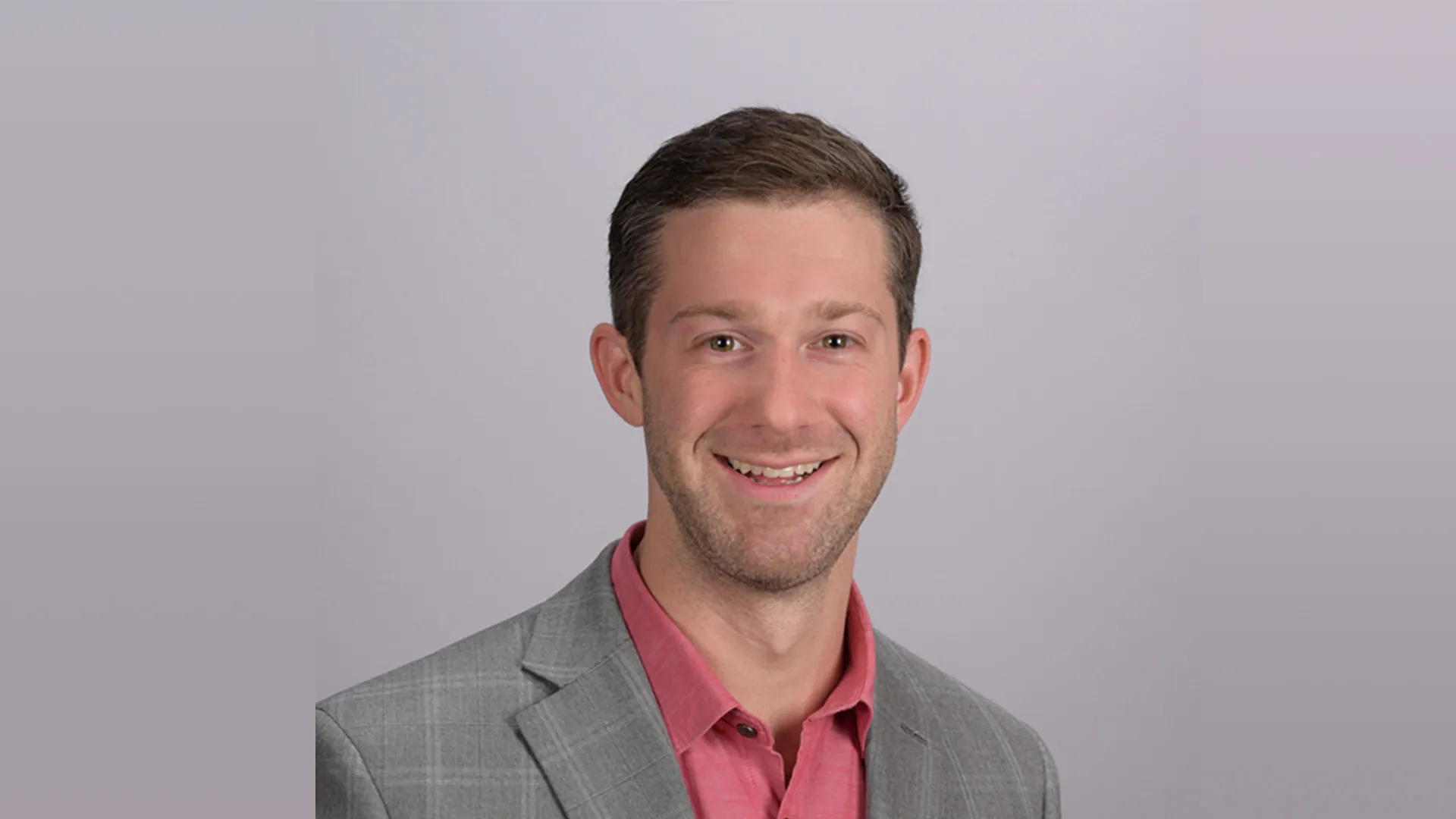
Josiah Allen, CPE
Senior Solution Consultant, VelocityEHS
Josiah Allen, facilitates the program development and deployment of VelocityEHS Risk Management, Ergonomics, and Control of Work solutions. Josiah received a Bachelor of Science degree in Kinesiology from the University of Waterloo in Waterloo, Ontario, Canada. He has achieved recognition as a Certified Professional Ergonomist (CPE).
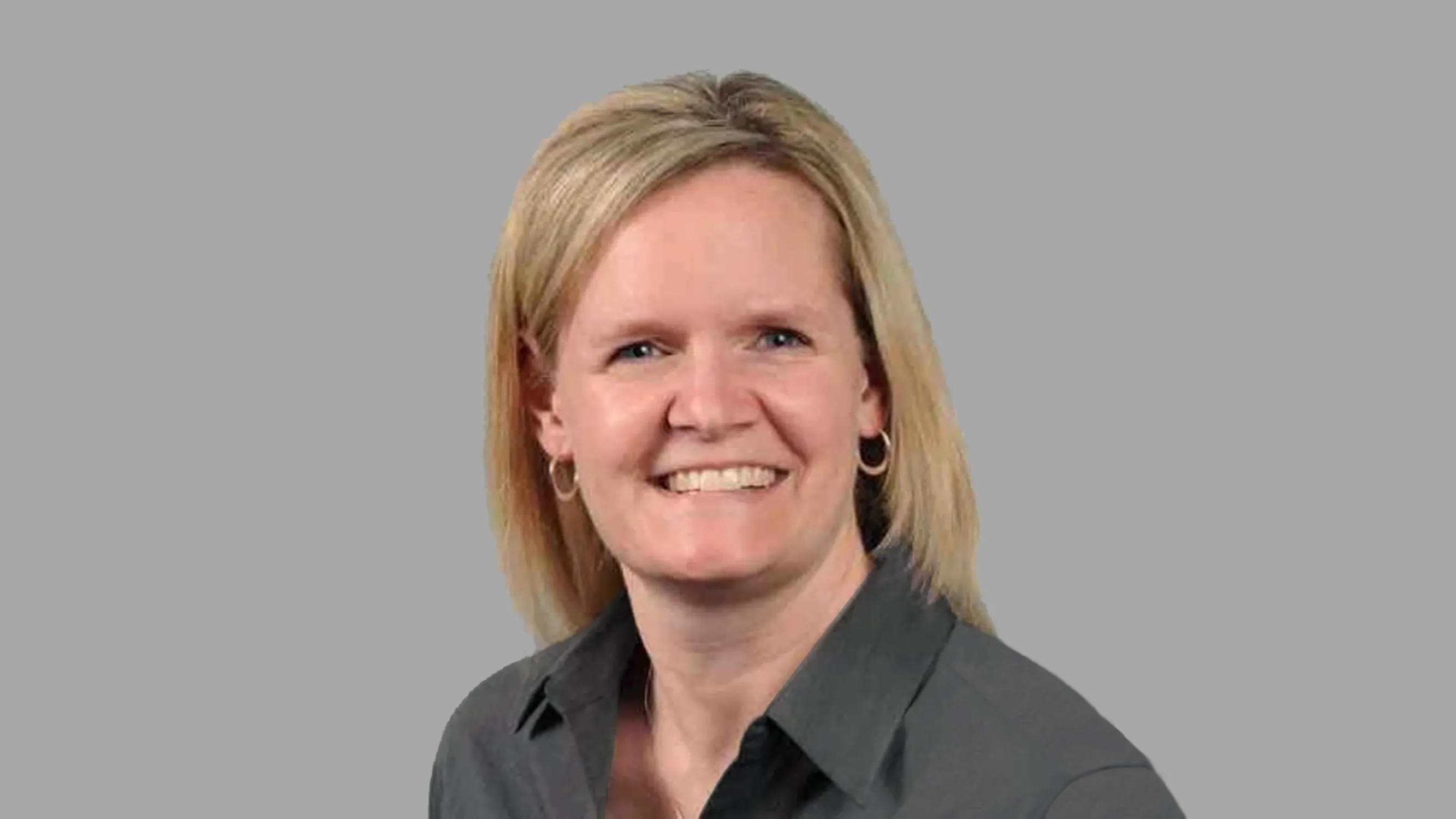
Kim Chacon
Human Factors Design Specialist, Spirit AeroSystems
Kim Chacon is part of the Environmental Health & Safety team focusing on manufacturing and office ergonomics at Spirit AeroSystems. She has 25 years of industry experience as a program manager, industrial engineer, and ergonomist. Kim received a Bachelor of Science degree and Master of Science degree in Industrial Engineering from Wichita State University in Wichita, Kansas.
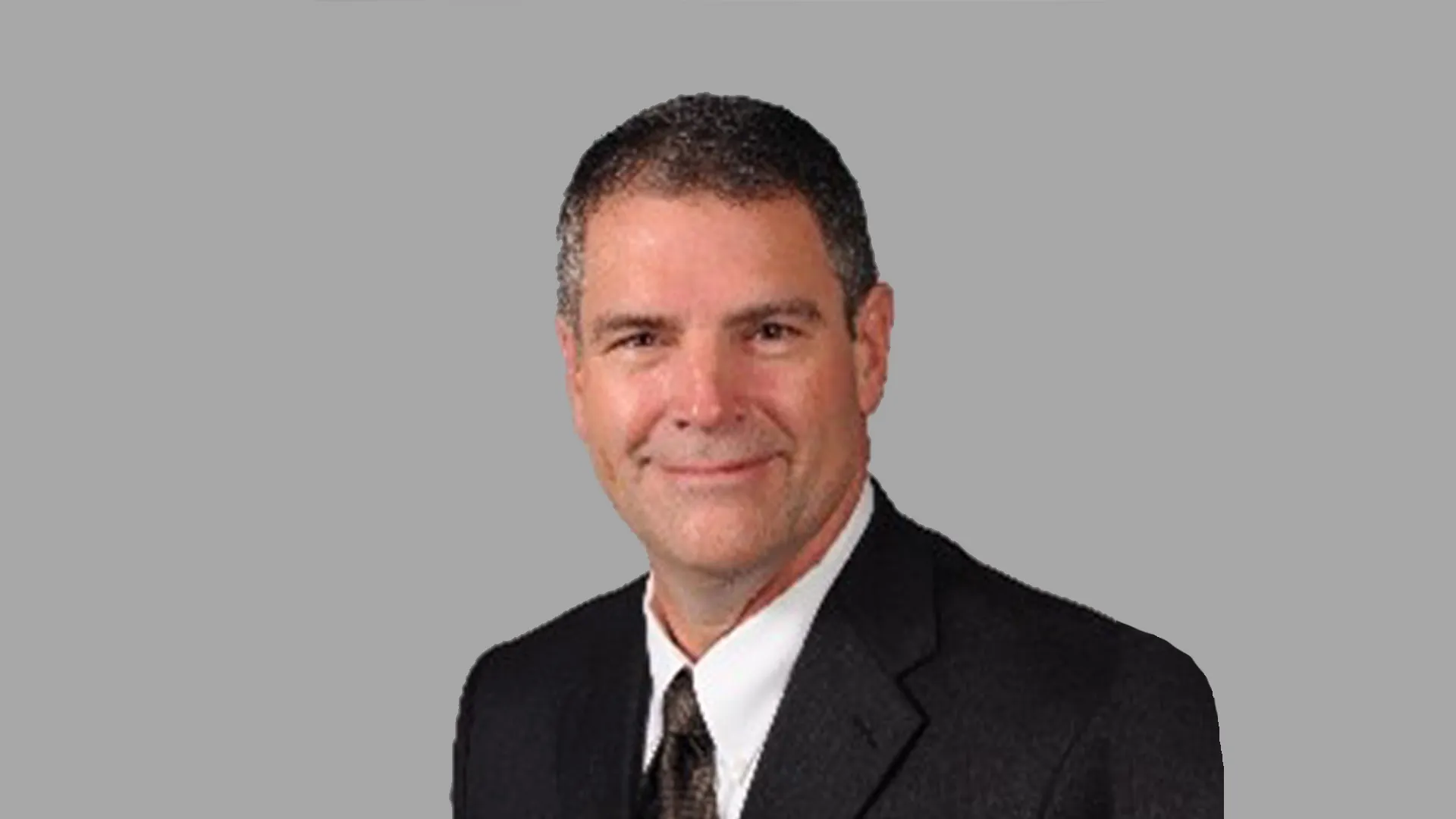
Scott Snodgrass
Human Factors Design Specialist, Spirit AeroSystems
Scott Snodgrass is part of the Environmental Health & Safety team focusing on manufacturing and office ergonomics at Spirit AeroSystems. Scott has 17 years of experience as an ergonomist, and 33 years of experience in the aircraft industry. Scott received a Bachelor of Science degree from Newman University in Wichita, Kansas, and a Master of Science degree in Aeronautical Science from Embry Riddle Aeronautical University in Daytona Beach, Florida.
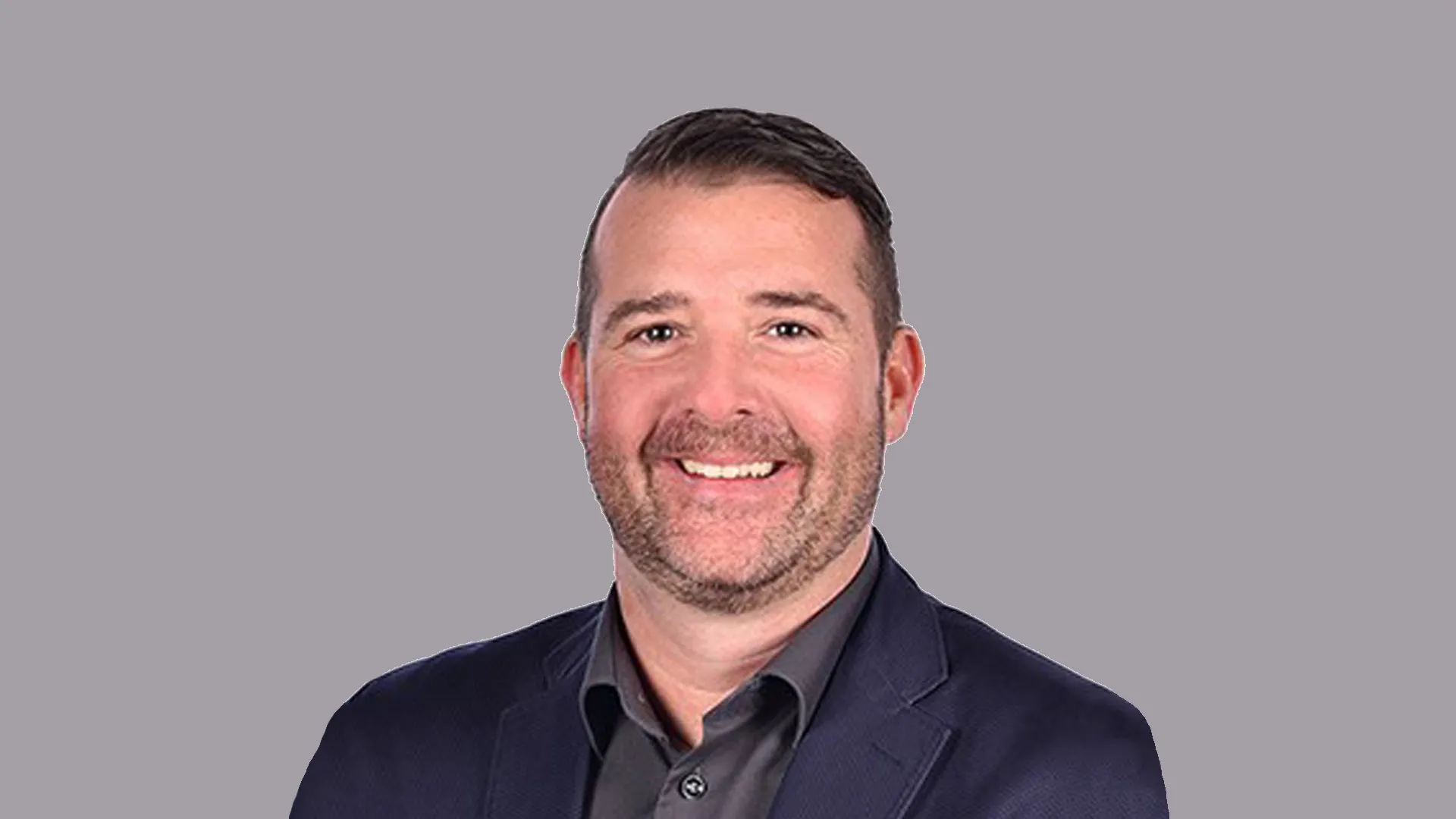
Jeff Sanford, CPE
Senior Global Enterprise Account Executive, VelocityEHS
Jeff Sanford partners with companies to develop, manage, and sustain global ergonomics programs using software solutions for Fortune 1000 clients across a broad spectrum of industries. Jeff received a Bachelor and Master of Human Kinetics degrees and a Bachelor of Education degree from the University of Windsor in Windsor, Ontario. He has achieved recognition as a Certified Professional Ergonomist (CPE).
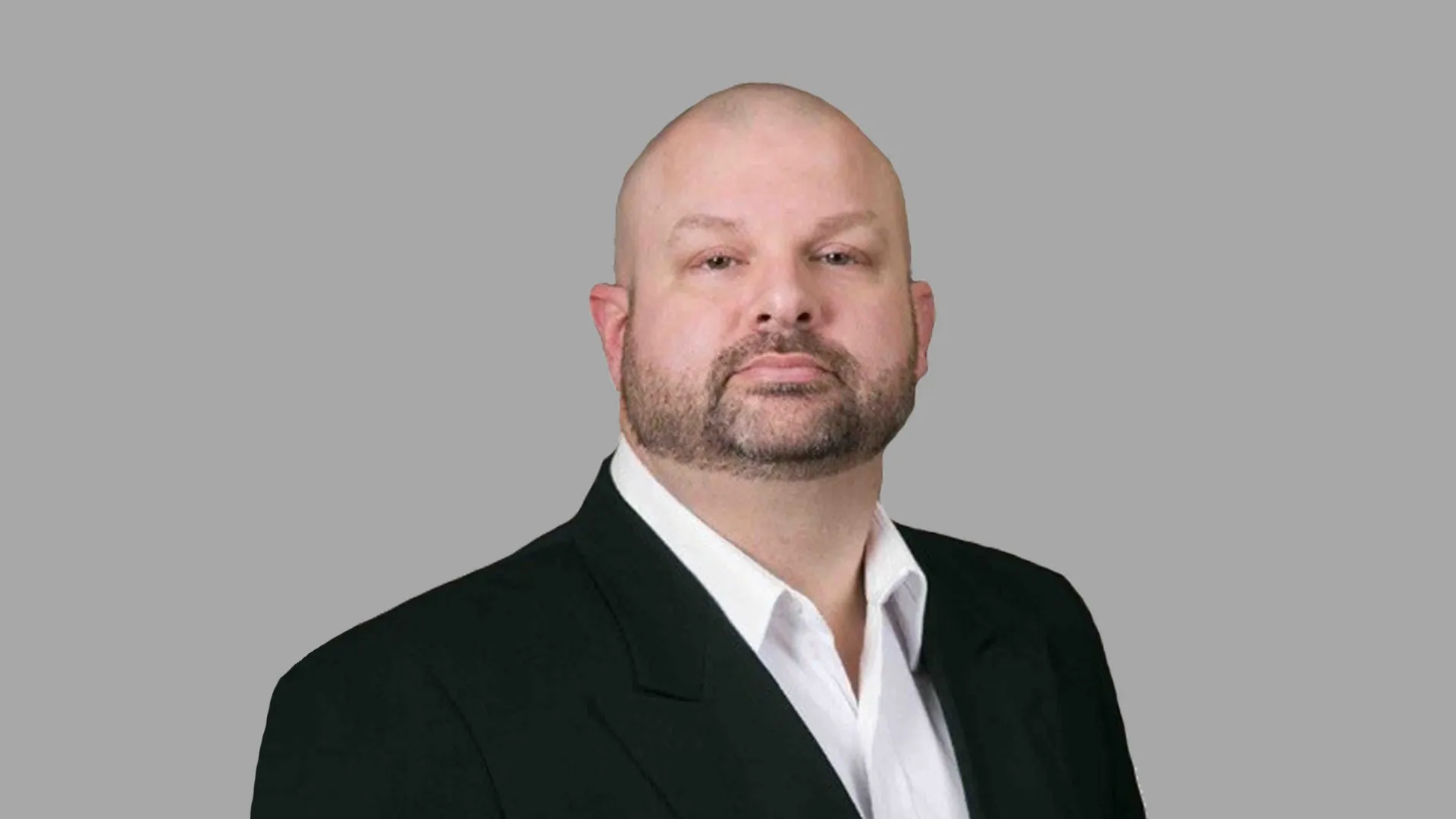
James Rethaber, Ph.D., CPE
Vice President – Technical Operations, Fit For Work
James provides strategic direction for the Safety, Ergonomics, and Testing departments/initiatives, as well as process mapping and streamlining of processes to increase operational efficiency and effectiveness for Fit For Work clients. James has received a Bachelor of Exercise and Sports Science degree in Exercise Science from Texas State University, a Master of Science degree in Exercise Physiology from PennWest California University, a Master of Science degree in Applied Psychology from Angelo State University, a Master of Science degree in Industrial Engineering from Texas A&M University-Kingsville, and a Ph.D. in Human Performance Technology from Capella University.
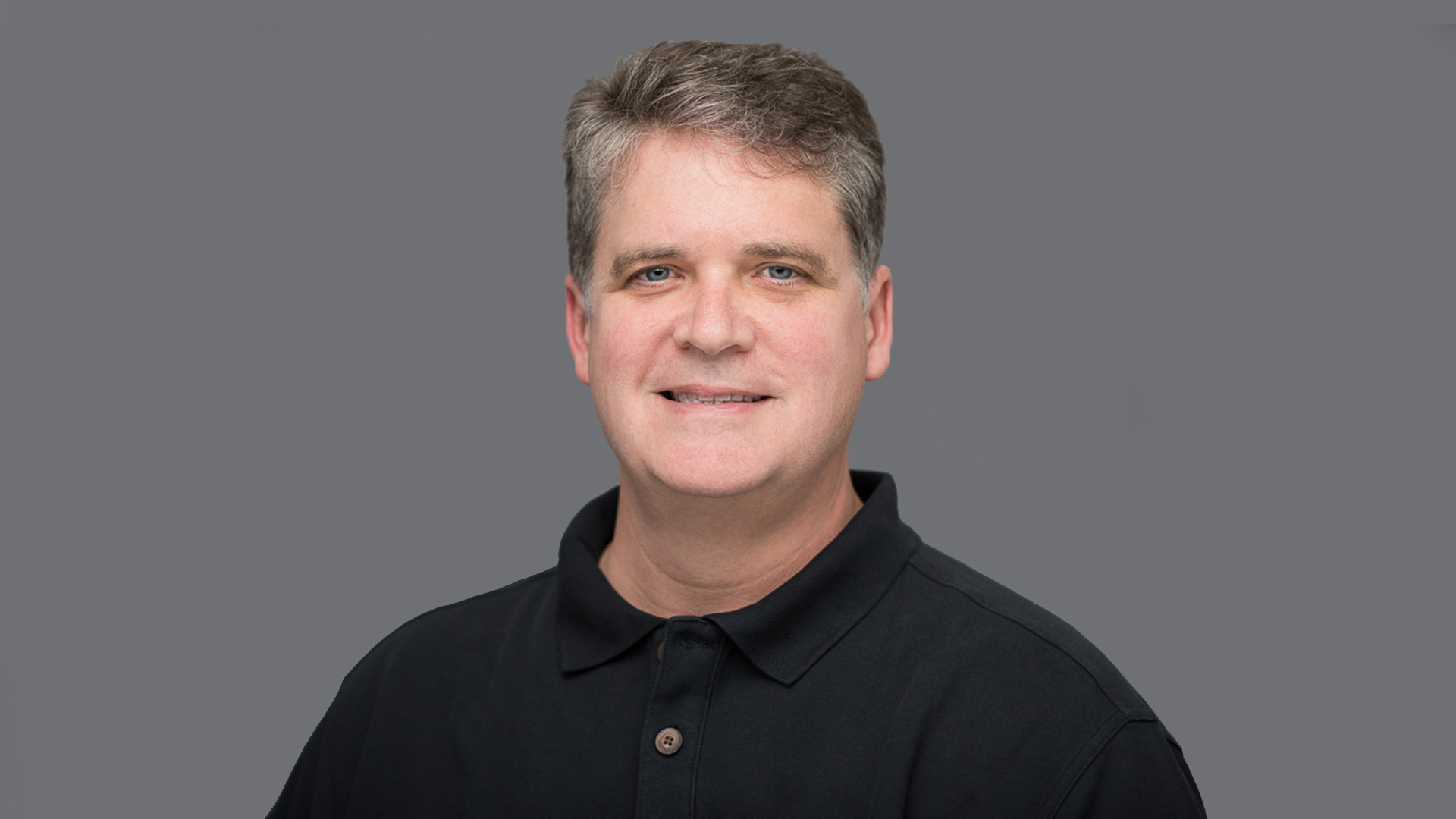
Rick Barker, CPE, CSP
Principal Solutions Strategist, VelocityEHS
Rick Barker facilitates skill and knowledge-building activities relating to safety management systems, industrial ergonomics, human performance, and human factors. Rick holds a Master of Arts in Human Factors from the University of Dayton in Dayton, Ohio. Rick is a Certified Professional Ergonomist and Certified Safety Professional.
Blake McGowan, CPE
Solutions Executive, VelocityEHS
Blake McGowan joined VelocityEHS in 1999. Blake holds a Certificate in Leading Sustainable Corporations from the University of Oxford, a Master of Science in Human Neuromechanics, and a Bachelor of Science in Biomechanics & Neurophysiology from the University of Waterloo in Canada. He has achieved recognition as a Certified Professional Ergonomist.
Jaclyn Faraci, AEP, ASP
Solutions Consultant, VelocityEHS
Jaclyn Faraci supports the sales team by providing her technical insight and experience on VelocityEHS solutions. Jaclyn completed a Bachelor of Science degree in Human Kinetics (Honours in Kinesiology), and a Master’s degree in Human Kinetics at the University of Windsor. She is currently an Associate Ergonomics Professional as well as an Associate Safety Professional.
